
We mobilize around-the-clock to provide trauma-informed interpretation and translation support—and language rights advocacy. admin@respondcrisistranslation.org
How to get URL link on X (Twitter) App

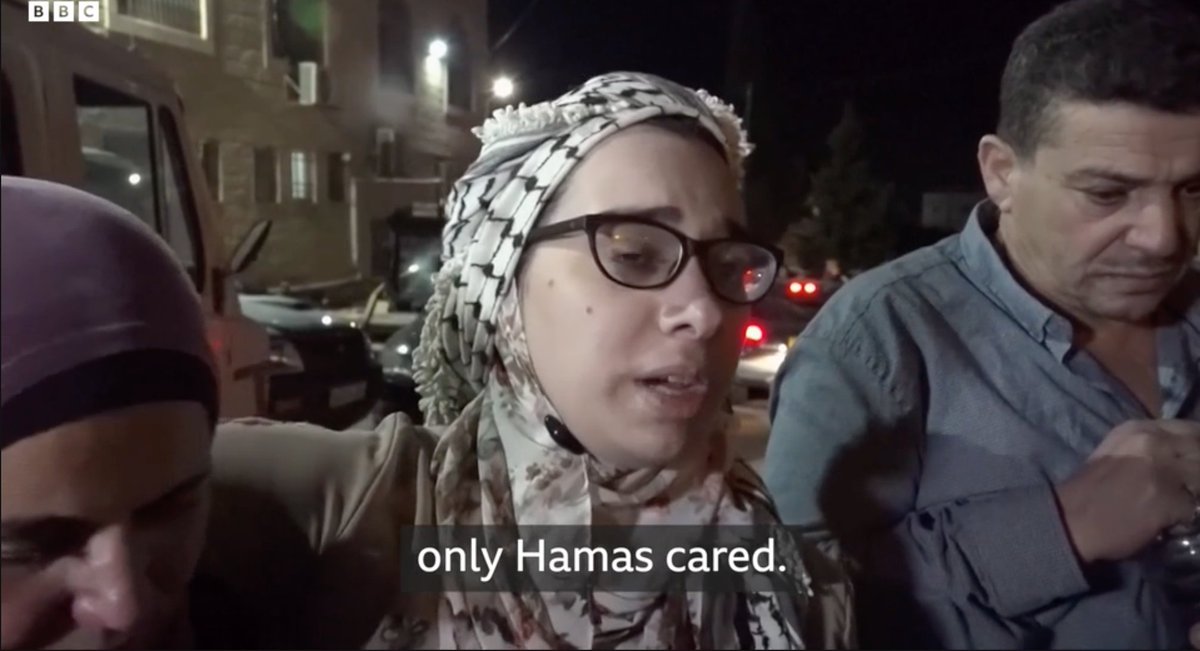

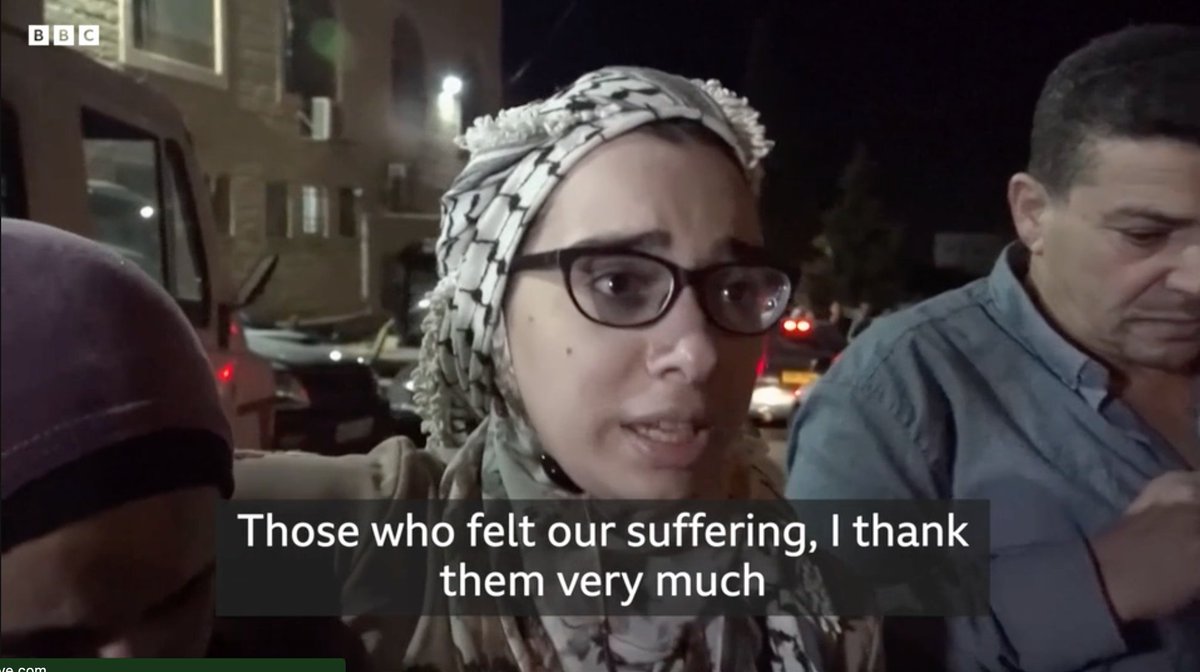
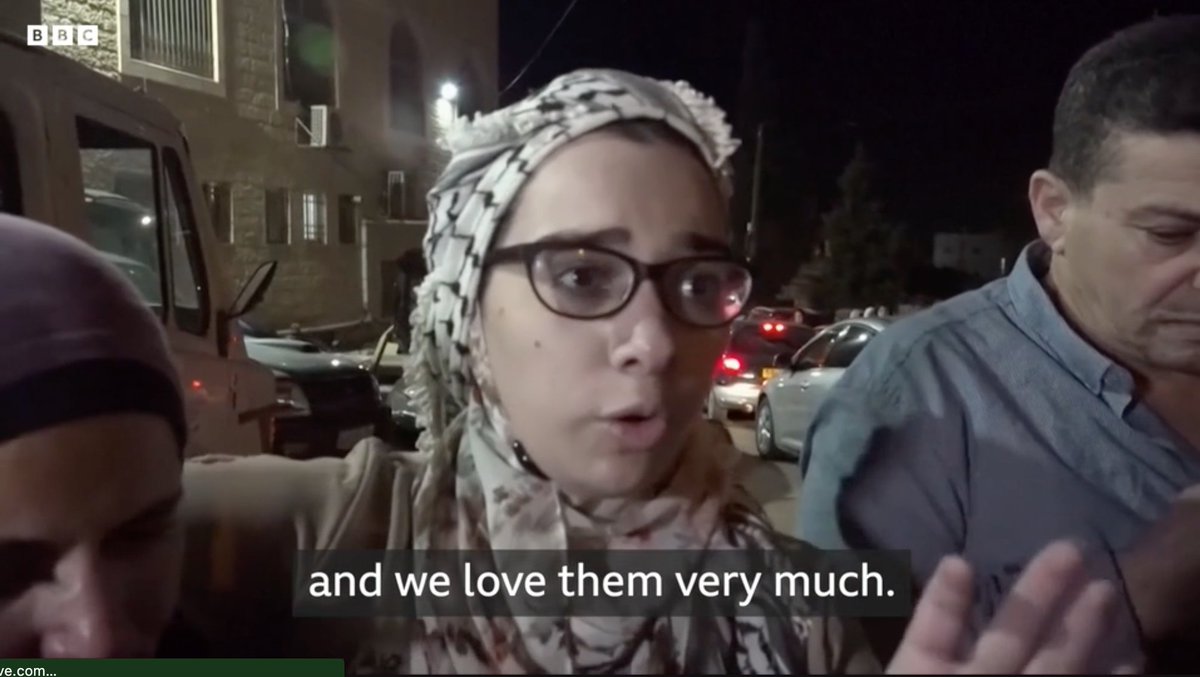
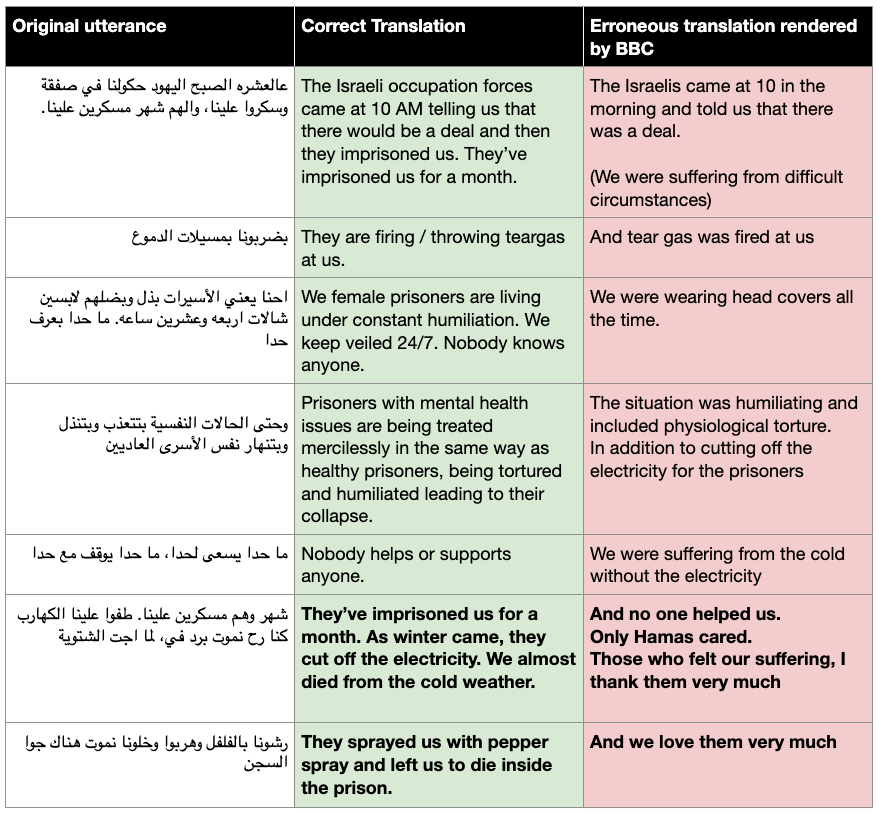 This egregious mistranslation is not just a language error; it is a racist fabrication that fans the flames of the war.
This egregious mistranslation is not just a language error; it is a racist fabrication that fans the flames of the war.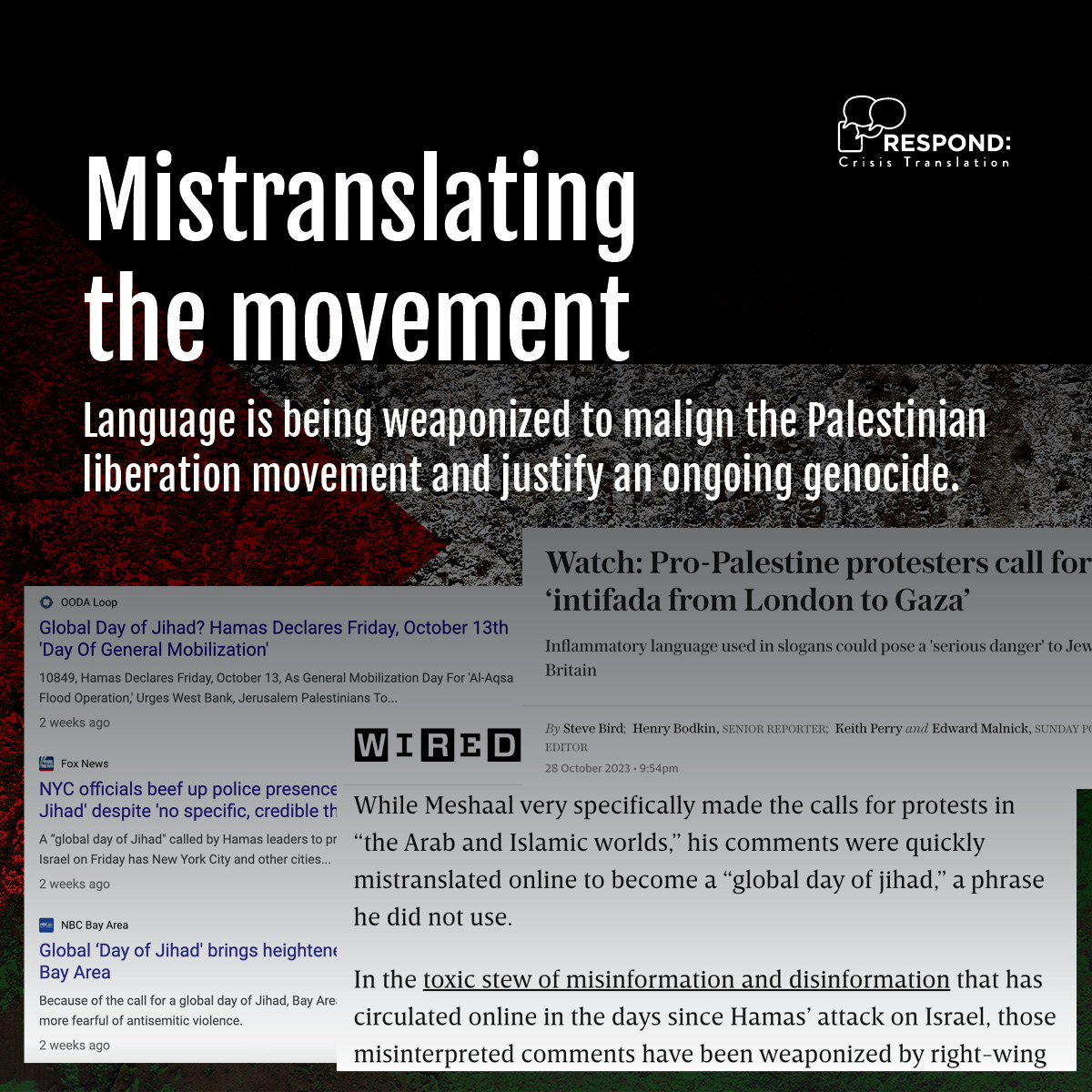

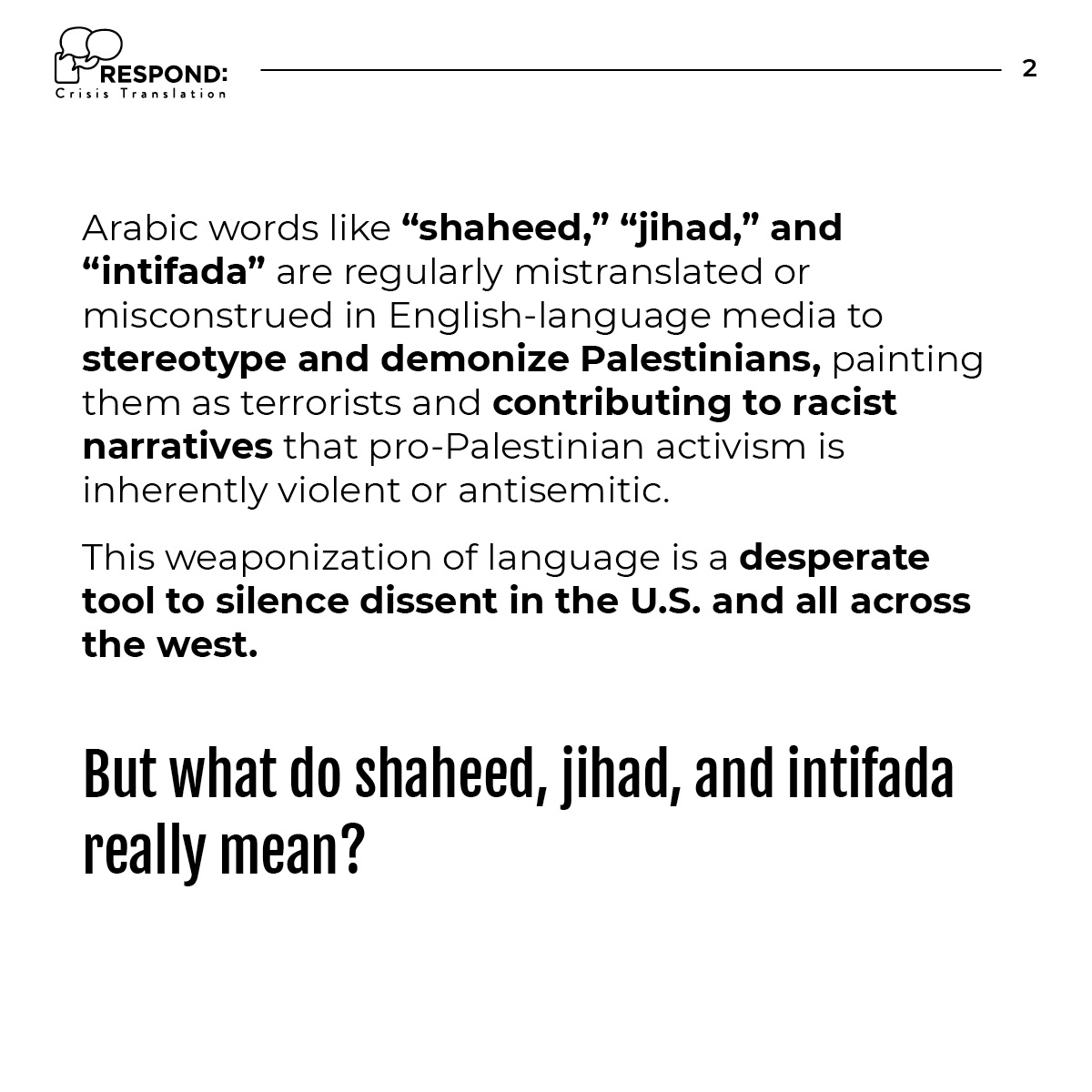 shaheed / شهيد
shaheed / شهيد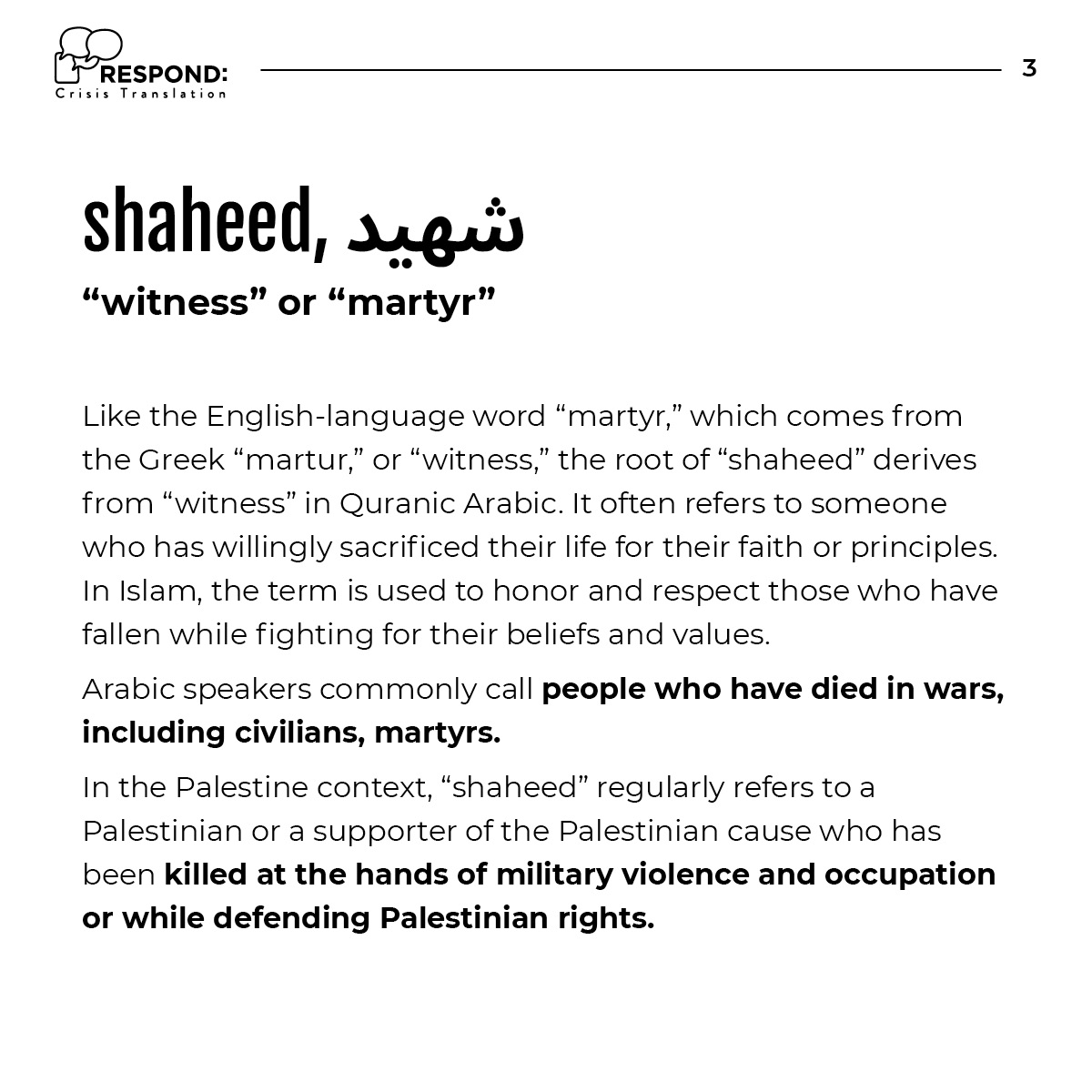
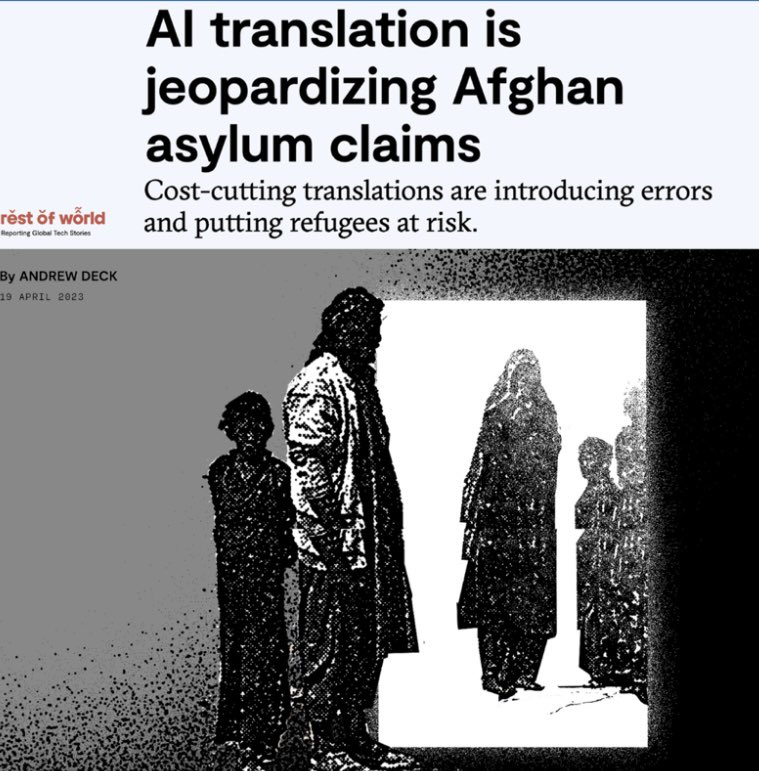
 2/”Uma Mirkhail got a firsthand demonstration of how damaging a bad translation can be.”
2/”Uma Mirkhail got a firsthand demonstration of how damaging a bad translation can be.”